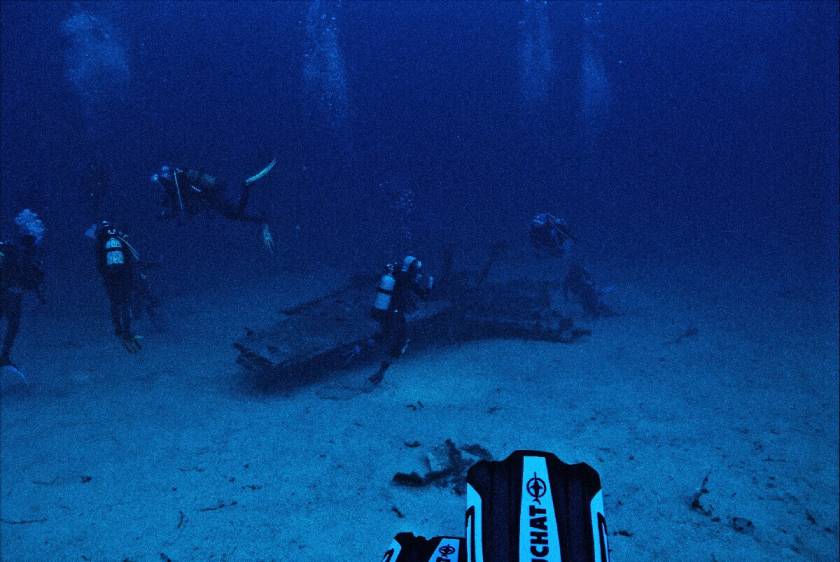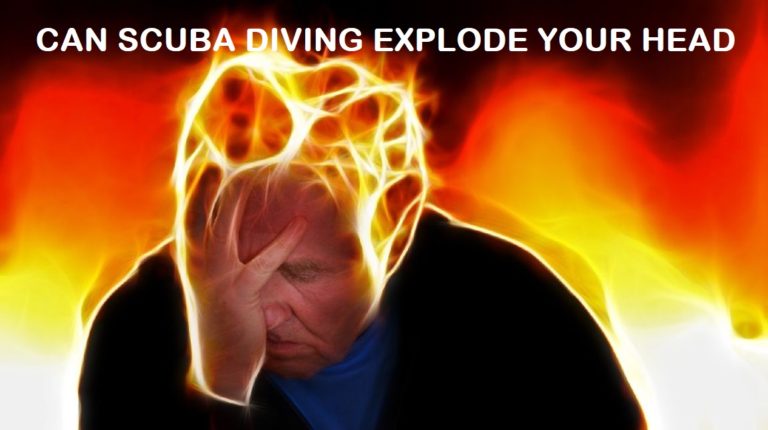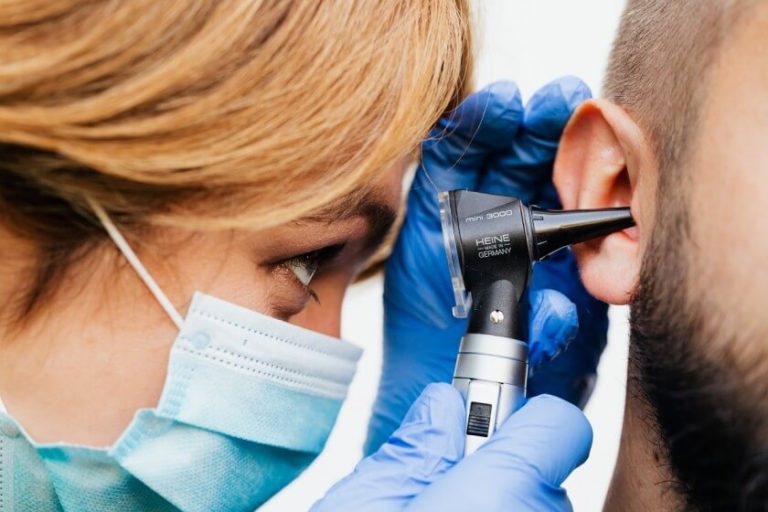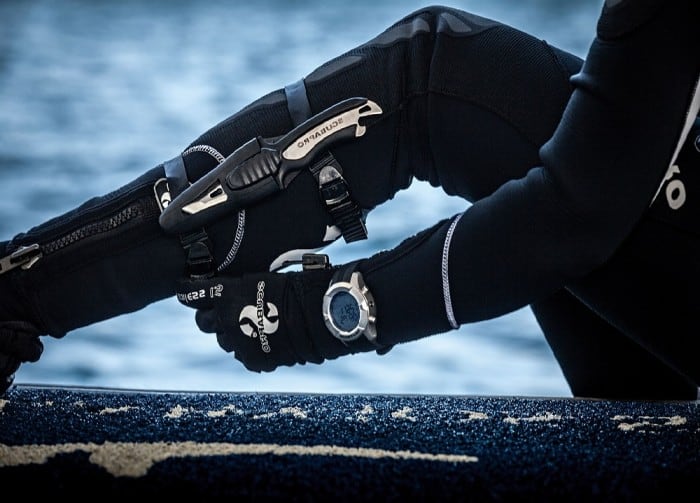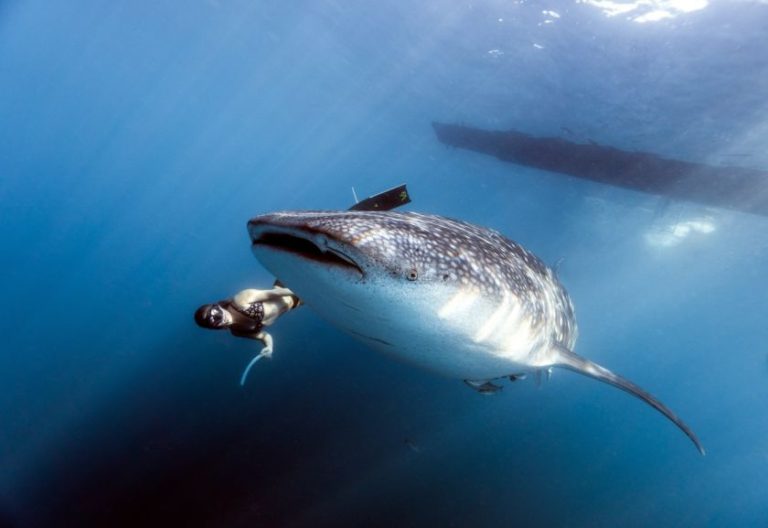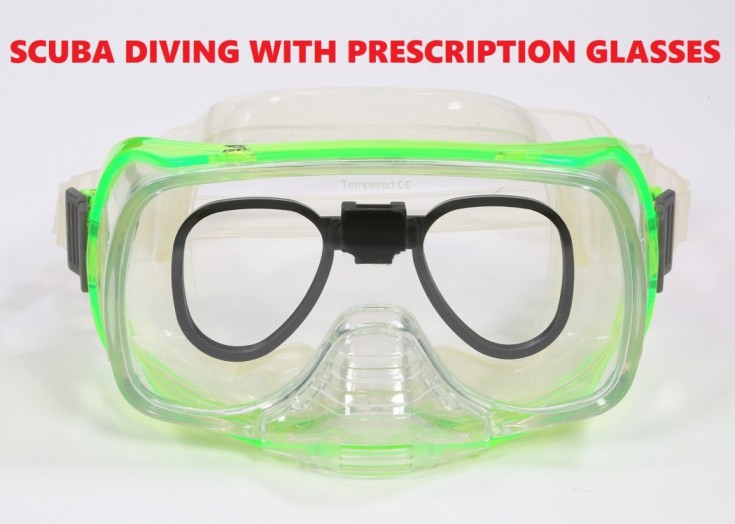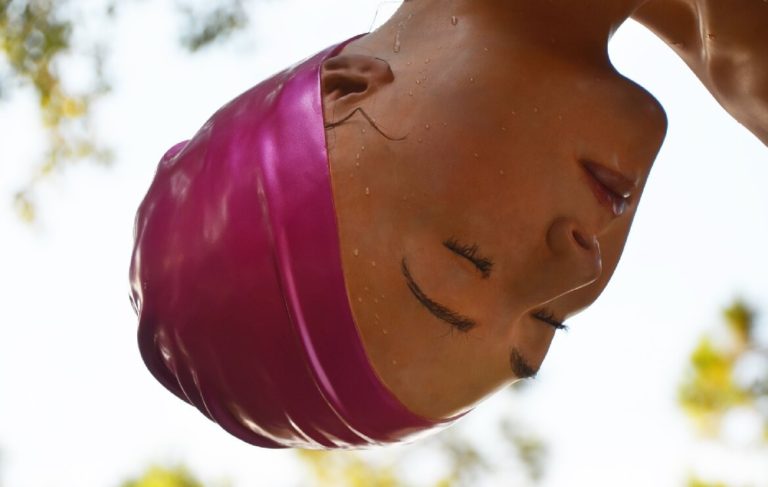What Is the Highest Level of Scuba Diving
A scuba diving certification opens up many opportunities for a diver all over the world. Different levels of certification come with different opportunities and skills. If you have wondered what the highest level of scuba diving is, look no further.
There are 12 certification levels of scuba diving according to PADI diving agency. The highest level in recreational scuba diving is a master scuba diver while a course director is the highest level or rank among professional divers.
Scuba diving in many diving agencies is divided into categories recreational, technical and professional.
The first certification awarded is an open water diver certification while to topmost certification among divers is a course director certification.
In this article, we’ll look into the different levels of scuba diving certifications, the benefits of having a diver certification, and much more.
Let’s get right into it!
How Many Levels Are There To Scuba Diving
As mentioned above there are 12 levels of scuba diving. Each certification level presents different opportunities and equips the diver with different skills.
At higher levels of scuba diving which is technical and professional diving, divers encounter different challenges, the depths are deeper and the conditions can also get very extreme. Divers must get the necessary skills before attempting to dive into these extreme levels.
Let’s look into the different levels of scuba diving
Recreational Scuba Diving Certification Levels
There are 6 levels under this category. The highest level one can get is a master scuba diver certification.
Important to mention, that anyone who loves to go scuba diving but doesn’t have a certification or any diving experience can take a Discover Scuba Diving class offered at many diving agencies.
Here the divers get an introduction to scuba diving and also learn how to use the diving gear and equipment. Once complete you can go scuba diving in open water under the strict supervision of a scuba instructor.
In addition, children aged 8 and above can also start scuba training with PADI. Courses offered include Bubble maker and seal team. The children dive in controlled waters until they are ready for open water diving under the supervision of their instructors. (Learn More)
No certifications are awarded in these introductory classes.

PADI Scuba Diver/ Junior Open Water Diver
A junior open water diver certification is awarded to kids aged 12 who have successfully completed all levels of training. With this certification, a junior diver can dive in depths of 12(40ft.).
PADI scuba diver certification is available for young and older adults who can’t take the full open water diver certification classes.
The only limitation is that you are still required to have a certified dive instructor or a professional diver with you whenever you go diving and can only dive up to 12m/40 ft.
It’s is a great way to familiarize yourself with scuba diving even when you have other engagements is n life.
Open Water Diver
With this certification, you can go diving with a dive buddy and not necessarily an instructor.
Upon completion, divers have the skills required to use the scuba gear and equipment on their own. You can also rent scuba gear whenever you go diving.
The dive depths at this level are 12m for junior divers and 18m for adult divers.
Most recreational divers have an open water diver certification and are valid for life.
There is a lot you can explore up to these depths since a lot of marine life can be found in shallow waters.
Advanced Open Water Diver
Divers wishing to advance their skills usually take up this course next after the open water diver course.
Her divers go over 30 meters with their instructor, learn navigation skills and also gain skills in specialty diving. For instance, a diver could choose to learn photography or wreck diving among others.
Divers also acquire skills in fish and other marine life identification since there are different species at each sea level.
Upon completion, divers with this certification can dive 30 -100m.
At this level, divers can start training how to dive in a dry suit.
Rescue Diver
As the name suggests, this level of scuba diving equips divers with skills in identifying potential risks, and how to respond to problems.
At this level, many divers build their confidence as well as their diving skills. Having a rescue diver certification is important for various reasons. You can help in case of emergencies and is also great when diving with buddies. A rescue diver can identify potential risks before other divers do.
Master Scuba Diver
Considered the black belt of scuba diving, this is the highest level in recreational scuba diving.
To achieve this certification a diver must have these certifications open water diver, advanced open water diver, and rescue diver. Should have at last 50 dives taken, be at least 12 years old, and have five PADI specialty diver courses taken.

Dive Master
As a divemaster, you get paid to dive, you can work as a diving guide, take part in ocean conservation as an employee for an agency or organization, and can also assist in training.
Divemasters must be at least 18 years old
Assistant Instructor/Open Water Scuba Instructor
Scuba instructors help many people learn scuba diving, overcome their fear of water and also help them discover and explore the underwater ecosystem.
Assistant instructors and open water scuba instructors also actively participate in ocean conservation.
Specialty Instructor
Specialty instructors have trained in various specialty courses such as underwater photography, ice diving, and wreck diving among others, and are qualified to train other divers on the same.
Drysuit diving can be quite challenging for many divers. Specialty instructors with the skills in dry suit diving get to train others on how to use them.
Anyone with an interest in underwater photography and videography, these are your go-to instructors to acquire the necessary skills.
The next three levels require divers to master technical diving and learn skills to dive longer and deeper. Divers can dive and explore shipwrecks, and caves among other untapped locations.
At these levels, the divers with these certifications can train other driving instructors
Master Scuba Diver Trainer
Must have trained and awarded at least 25 divers in different levels
Have completed at least 5 PADI specialty instructor courses
Instructor Development Course (IDC) Staff Instructor
In simple terms, this is a course for staff instructors who want to become course directors. They can train other instructors under the guidance and supervision of a course director.
Master Instructor
Elite scuba diving instructors
Instructors must have awarded over 150 PADI certifications in different levels
Taught at least 10 courses in emergency first response
Participated in at least 3 PADI seminars

Course Director
Crème de la crème of scuba diving
This is the highest level of certification a diver can achieve.
Course directors have over 250 dives
Have experience working at dive centers/resorts
Complete the PADI Course Director Training Course (IDC)
Upon completion, a course director can teach the Instructor Development course
Is A Scuba Certification Worth It?
Yes, scuba diving certifications are worth it, they not only open opportunities for you but also equip you with various skills.
Many recreational divers train up to the rescue diver level with few achieving the master scuba diver certification. This is because you are required to learn at least 5 specialty courses which may be challenging to complete all due to other engagements.
However, if you want to become a professional diver, you must complete all the training levels required.
With scuba diving certifications you can also access different facilities that may not b availed for armature divers.
These certifications are recognized worldwide meaning you can use them anywhere in the world.
As a recreational diver, getting a rescue diver certification may be more worthwhile for many reasons.

